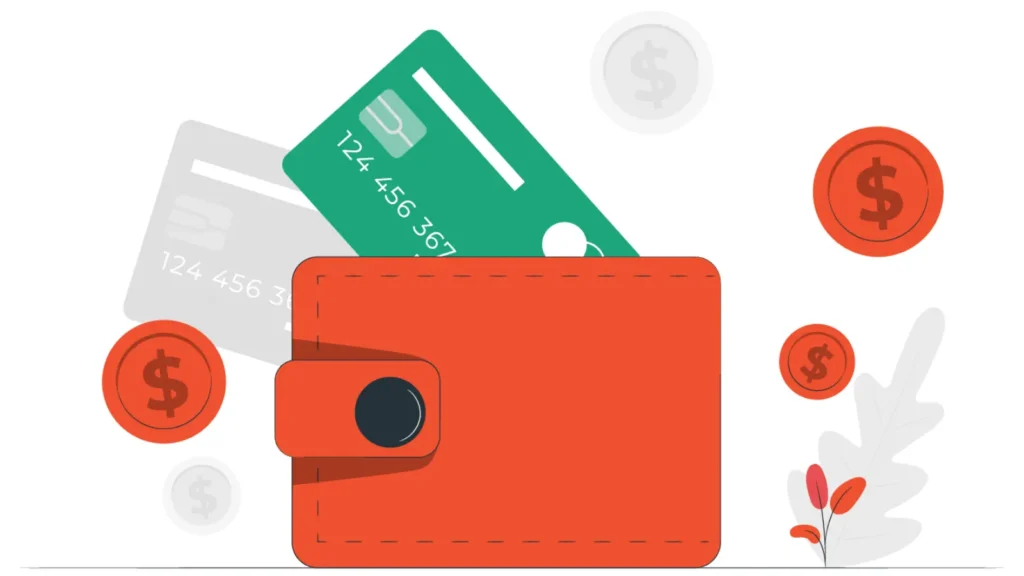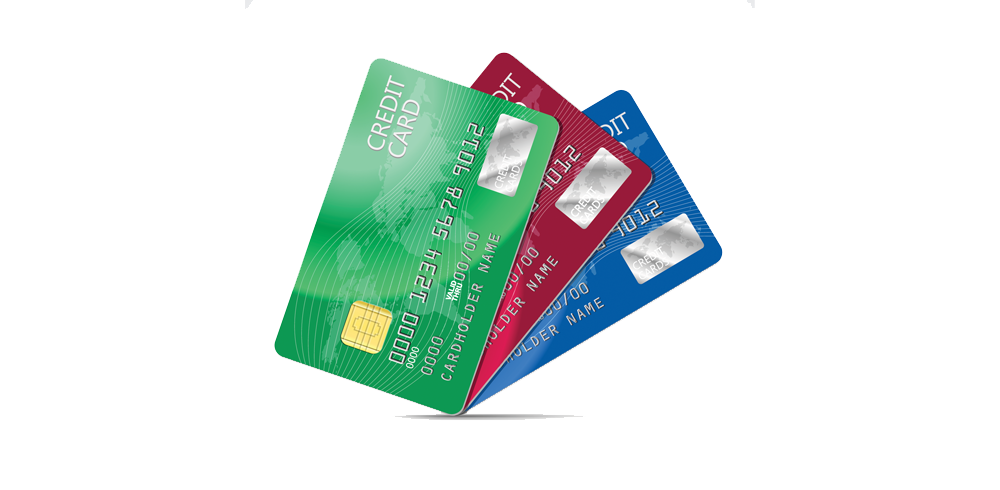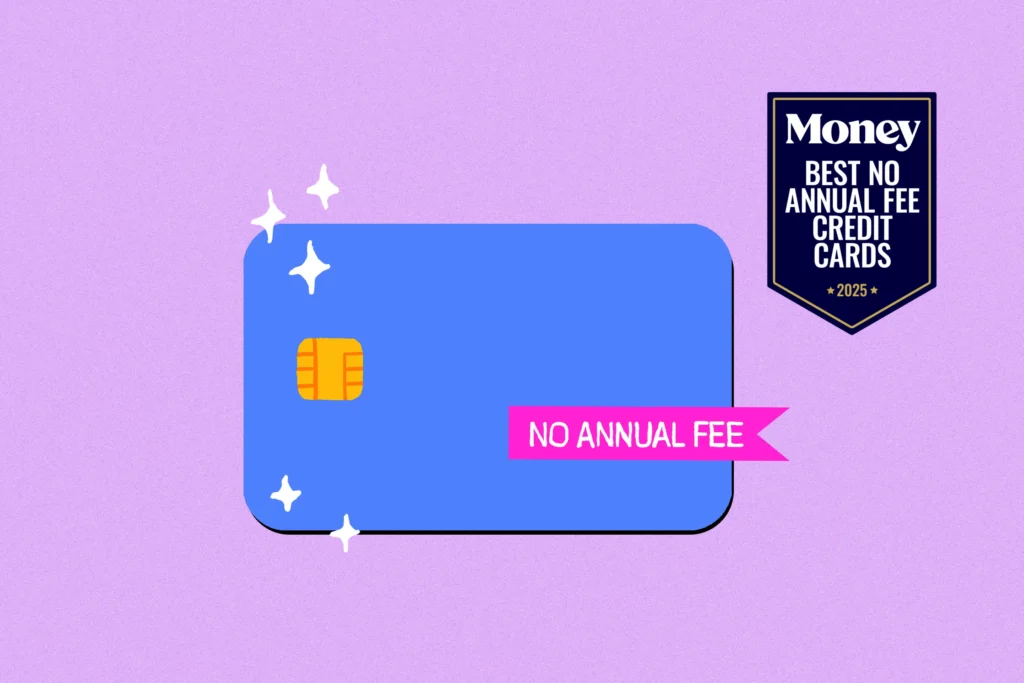In today’s financial landscape, a strong credit score is more than just a number; it’s a cornerstone of economic stability and opportunity. It influences your ability to secure loans for a car or home, rent an apartment, obtain favorable insurance rates, and even impacts certain job applications. The journey to building this crucial financial reputation often begins with your very first credit card.
However, for many, securing that initial credit card can feel like a classic “chicken or the egg” dilemma: you need credit to get credit. Without a credit history, lenders are hesitant to extend a line of credit, leaving many aspiring cardholders in a state of frustration. The good news is that while it might seem daunting, there are strategic steps you can take to significantly increase your chances of getting approved for your first credit card. This guide will provide expert tips to help you navigate the application process and embark on your credit-building journey with confidence.
Why Your First Credit Card Matters
Your first credit card is more than just a piece of plastic; it’s your initial entry point into the world of credit. By using it responsibly, you begin to establish a credit file, which lenders use to assess your creditworthiness. Every on-time payment and responsible spending habit you demonstrate builds a positive payment history, a fundamental component of your credit score.
This early credit history is invaluable for future financial goals. A strong credit score will ultimately save you money by qualifying you for lower interest rates on loans and potentially better insurance premiums. It also provides peace of mind, knowing that you have established a financial foundation for future opportunities.
Start with the Right Type of Card (Targeting Beginner-Friendly Options)
Not all credit cards are created equal, especially when you’re just starting. Targeting cards specifically designed for individuals with limited or no credit history significantly boosts your approval odds.
- Secured Credit Cards: This is often the most reliable starting point.
- Explanation: A secured credit card requires you to provide a cash security deposit, which typically becomes your credit limit. For example, if you deposit $300, your credit limit will be $300. This deposit acts as collateral for the issuer, reducing their risk.
- Why It’s Good for Beginners: Because the card is secured by your own money, issuers are far more willing to approve applicants with no or poor credit history. You use the card like a regular credit card – making purchases, receiving statements, and paying your bill. Your payment activity is reported to the major credit bureaus.
- How to Use It: Make small, manageable purchases you can easily pay off. Pay your full balance on time every month. This demonstrates responsible usage and builds a positive payment history.
- Graduation Potential: Many secured cards offer a “graduation” path, allowing you to transition to an unsecured card and get your deposit back after a period of responsible use (e.g., 6-12 months).
- Student Credit Cards: If you are enrolled in college, these cards are tailored for you.
- Explanation: Student credit cards are designed with younger applicants in mind. They often have lower credit limits and more lenient approval requirements than general unsecured cards. Many offer basic rewards and resources to help students learn about credit management.
- Requirements: You’ll typically need to provide proof of enrollment.
- Retail Store Cards:
- Explanation: Cards issued by department stores or specific retailers (e.g., your favorite clothing store, electronics store) are sometimes easier to get approved for than general-purpose credit cards. They often have lower credit limits and can only be used at that specific store or chain.
- Caution: While easier to get, they often come with higher Annual Percentage Rates (APRs) and limited utility. If you choose this route, use it very cautiously and pay off the balance immediately to avoid high interest charges.
- Credit-Builder Loans (As a Supplement): While not a credit card, a credit-builder loan can be an excellent parallel strategy. You borrow a small amount (e.g., $500), but the money is held in a savings account. You make monthly payments, and once the loan is paid off, you receive the money. The payments are reported to credit bureaus, establishing payment history.
Understand the Issuer’s Requirements and Check Eligibility
Before applying, familiarize yourself with the basic requirements for credit card approval and leverage available tools.
- Age Requirement: You must be at least 18 years old to get a credit card in your own name. If you’re under 21, you generally need to show proof of independent income or have a co-signer.
- Proof of Income: Even if you’re a student or work part-time, lenders need to see that you have a reliable source of income to make payments. This can include wages, scholarships, grants, government benefits, or even regular allowances if you’re under 21 and your parent is a co-signer.
- Checking Account: Most issuers require you to have an active checking account to facilitate payments.
- Residency and Identification: You’ll typically need to provide proof of U.S. residency (or legal status allowing credit), a Social Security Number (SSN), or an Individual Taxpayer Identification Number (ITIN).
- Utilize Pre-qualification Tools: Many credit card companies offer online tools that allow you to check if you pre-qualify for a card without a “hard inquiry” on your credit report. This gives you an idea of your approval odds without affecting your credit score.
Build a Basic Financial Foundation
Even without a credit history, showing financial responsibility to banks can indirectly help your case.
- Open a Checking and Savings Account: Having established bank accounts demonstrates that you are part of the formal financial system and can manage your money.
- Regular Deposits: Consistent deposits into your checking or savings account, even if they are small, show a steady income stream and responsible money management habits.
- Pay Bills on Time (Non-Credit): While most utility or phone bills don’t traditionally appear on your credit report, paying them on time establishes a good habit. Services like Experian Boost can allow you to link utility and telecom payments to your credit report, potentially helping your score. Also, a history of timely rent payments (if reported by your landlord or a third-party service) can be beneficial.
- Be Patient: Building a solid financial foundation and establishing trust with financial institutions takes time. Don’t rush the process.
Consider Becoming an Authorized User (Leveraging Others’ Good Credit)
Becoming an authorized user on someone else’s credit card account can be a low-risk way to get your foot in the credit door.
- Explanation: A trusted individual (e.g., a parent or guardian) can add you as an authorized user on one of their credit card accounts. This means you’ll get a card with your name on it and can make purchases.
- Why It’s Good: The primary account holder’s positive payment history and credit limit may then be reported to the credit bureaus under your name, effectively helping you build your own credit history without requiring you to open an account yourself.
- Caution: Ensure the primary account holder has excellent credit habits. If they make late payments or carry high balances, their negative actions can also appear on your credit report, potentially harming your score. Have a clear understanding of responsibilities and expectations.
Apply Strategically and Responsibly
Once you’ve done your homework and prepared your financial foundation, it’s time to apply.
- Don’t Apply for Too Many Cards at Once: Each credit card application results in a “hard inquiry” on your credit report, which can temporarily lower your score by a few points. Multiple inquiries in a short period can make you appear desperate for credit, further hindering your approval odds. Be selective and apply for only one or two cards at a time.
- Read the Terms and Conditions: Before applying, thoroughly review the card’s terms, including any annual fees, APRs (Annual Percentage Rates), grace periods, and rewards programs. Ensure you understand what you’re signing up for.
- Fill Out Applications Accurately: Provide truthful and complete information on your application. Discrepancies can lead to denial.
- Start with Your Own Bank or Credit Union: If you have an existing banking relationship, your bank or credit union may be more likely to approve you for your first credit card, as they already have a history with you. They may also offer specific products designed for their existing customers.
What to Do Once Approved (Maintaining Good Habits)
Getting approved is just the beginning. Building a strong credit score is an ongoing process that demands consistent, responsible habits:
- Pay On Time, Every Time: This is the most critical factor. Set up automatic payments for your full statement balance.
- Keep Credit Utilization Low: Aim to spend well below your credit limit (ideally under 10-30%).
- Never Spend More Than You Can Afford: Treat your credit card like cash or a debit card. Only charge what you know you can pay off in full by the due date.
- Monitor Your Credit Report: Regularly check your credit report for errors or fraudulent activity.
Conclusion
Getting approved for your first credit card marks a significant milestone on your journey to financial independence. While it requires thoughtful preparation and strategic application, it’s an achievable goal. By understanding the types of cards available to beginners, building a solid financial foundation, and committing to responsible credit card management from day one, you can confidently embark on a path that leads to a strong credit score and a future filled with financial opportunities.




